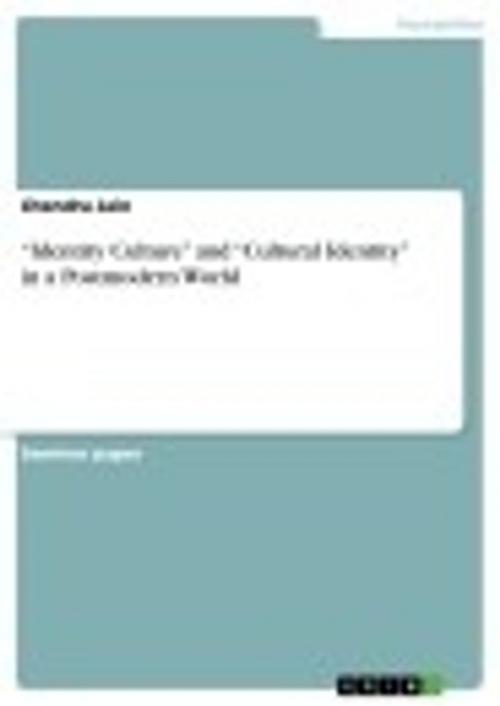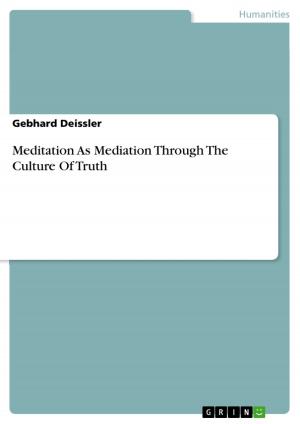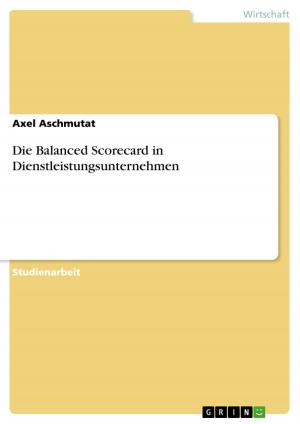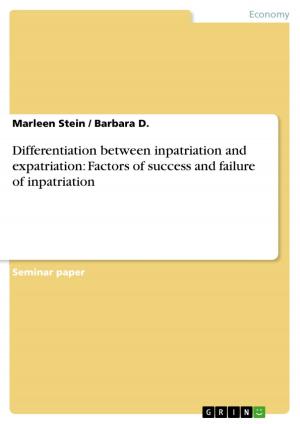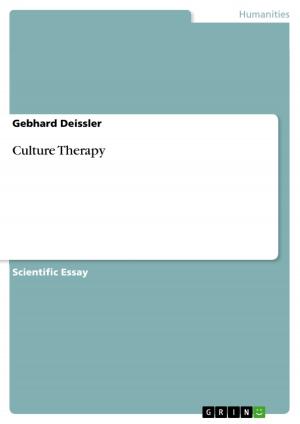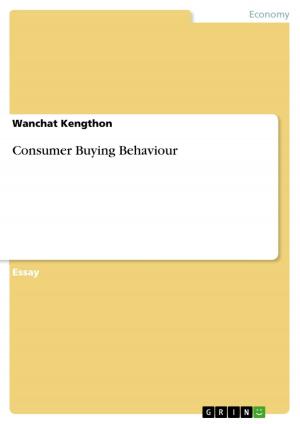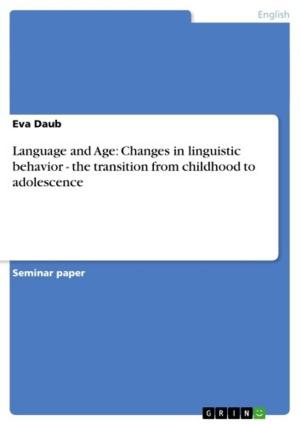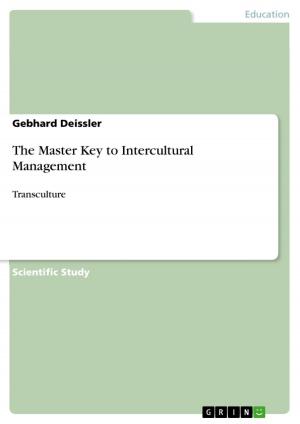'Identity Culture' and 'Cultural Identity' in a Postmodern World
Nonfiction, Social & Cultural Studies, Social Science, Anthropology| Author: | Jitendra Jain | ISBN: | 9783640791750 |
| Publisher: | GRIN Publishing | Publication: | May 31, 2013 |
| Imprint: | GRIN Publishing | Language: | English |
| Author: | Jitendra Jain |
| ISBN: | 9783640791750 |
| Publisher: | GRIN Publishing |
| Publication: | May 31, 2013 |
| Imprint: | GRIN Publishing |
| Language: | English |
Seminar paper from the year 2007 in the subject Cultural Studies - Empiric Cultural Studies, grade: 2.0, Ruhr-University of Bochum (European Culture & Economy), course: MA (ECUE), language: English, abstract: End of the 20th century has witnessed sudden emergence of 'Identity Culture'. More and more people across the globe are thinking about their identity and origin. Collective identity is gaining more and more importance. Noted Scholar Samuel Huntington writes in his celebrated work ' Kampf der Kulturen' : 'Völker und Nationen versuchen heute, die elementarste Frage zu beantworten, vor der Menschen stehen können: Wer sind wir ?' Identifying with others, in various different ways, can be extremely important for living in postmodern society. In today's postmodern times identities are ever changing, overlapping and they are also situation specific. This paper intends to explore the possibility of describing cultural identity emerging in contemporary postmodern world. I begin with conceptualization of the term 'Culture'. The main purpose of this work is to deal with cultural identity in postmodern age and hence I have taken liberty to use the words postmodern, postmodernity and postmodernism synonymously. The term postmodern consists of a whole plethora of interpretations and it derives its origin from modernism. Hence I start with description of modernism in chapter two. Thereafter comparative analysis of modernism and postmodernism is presented. Postmodern age is an age of dilemmas. This era has given momentum to identity culture. As mentioned earlier more and more people are worried about their identities and various discourses at various levels are taking place. But simultaneously cultural identity in this era is getting fragmented. Hence discussion in divided two parts namely - identity culture and cultural identity - in postmodern times. I have deliberately restricted my sphere to philosophical and cultural fields.
Seminar paper from the year 2007 in the subject Cultural Studies - Empiric Cultural Studies, grade: 2.0, Ruhr-University of Bochum (European Culture & Economy), course: MA (ECUE), language: English, abstract: End of the 20th century has witnessed sudden emergence of 'Identity Culture'. More and more people across the globe are thinking about their identity and origin. Collective identity is gaining more and more importance. Noted Scholar Samuel Huntington writes in his celebrated work ' Kampf der Kulturen' : 'Völker und Nationen versuchen heute, die elementarste Frage zu beantworten, vor der Menschen stehen können: Wer sind wir ?' Identifying with others, in various different ways, can be extremely important for living in postmodern society. In today's postmodern times identities are ever changing, overlapping and they are also situation specific. This paper intends to explore the possibility of describing cultural identity emerging in contemporary postmodern world. I begin with conceptualization of the term 'Culture'. The main purpose of this work is to deal with cultural identity in postmodern age and hence I have taken liberty to use the words postmodern, postmodernity and postmodernism synonymously. The term postmodern consists of a whole plethora of interpretations and it derives its origin from modernism. Hence I start with description of modernism in chapter two. Thereafter comparative analysis of modernism and postmodernism is presented. Postmodern age is an age of dilemmas. This era has given momentum to identity culture. As mentioned earlier more and more people are worried about their identities and various discourses at various levels are taking place. But simultaneously cultural identity in this era is getting fragmented. Hence discussion in divided two parts namely - identity culture and cultural identity - in postmodern times. I have deliberately restricted my sphere to philosophical and cultural fields.
